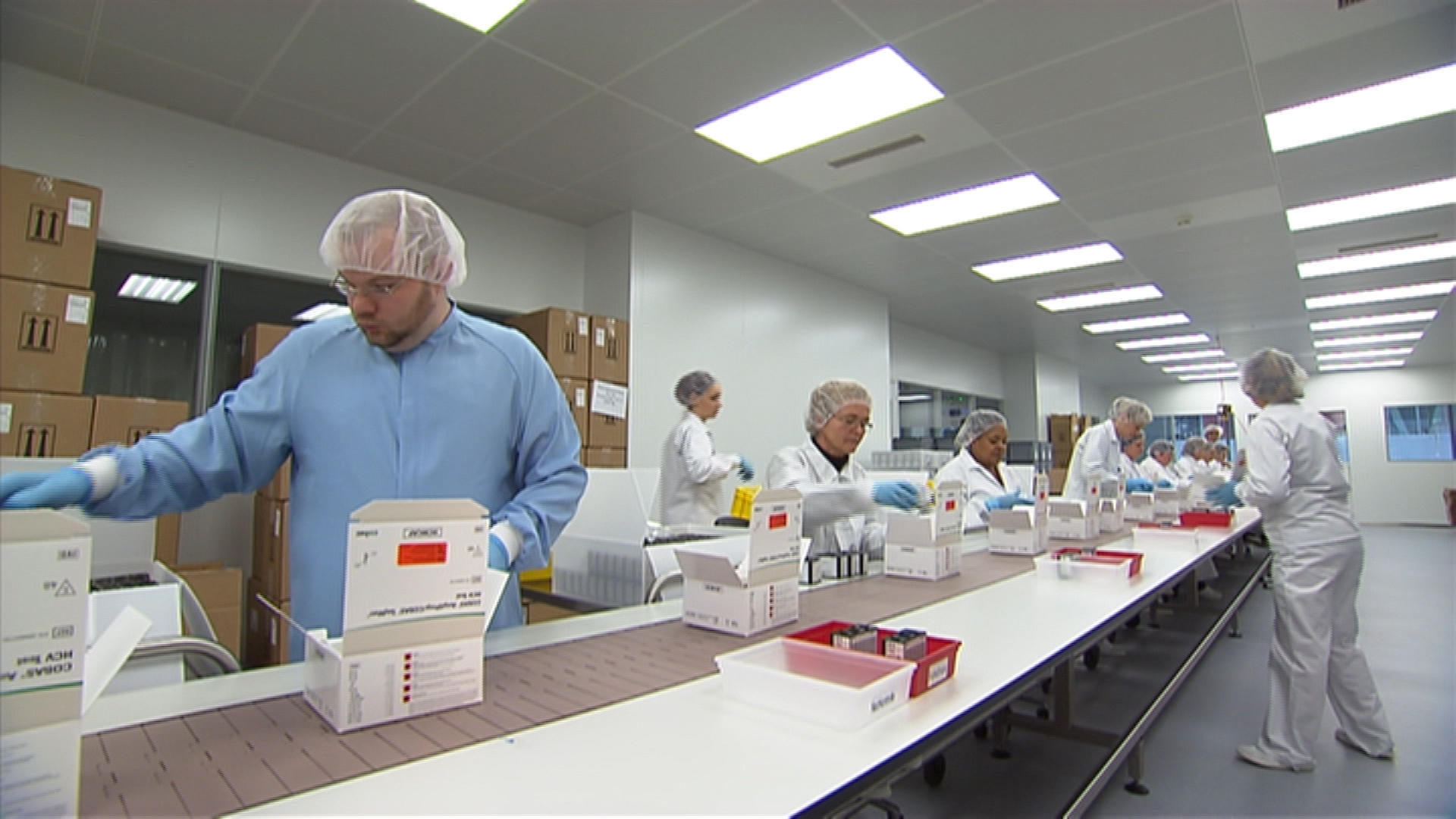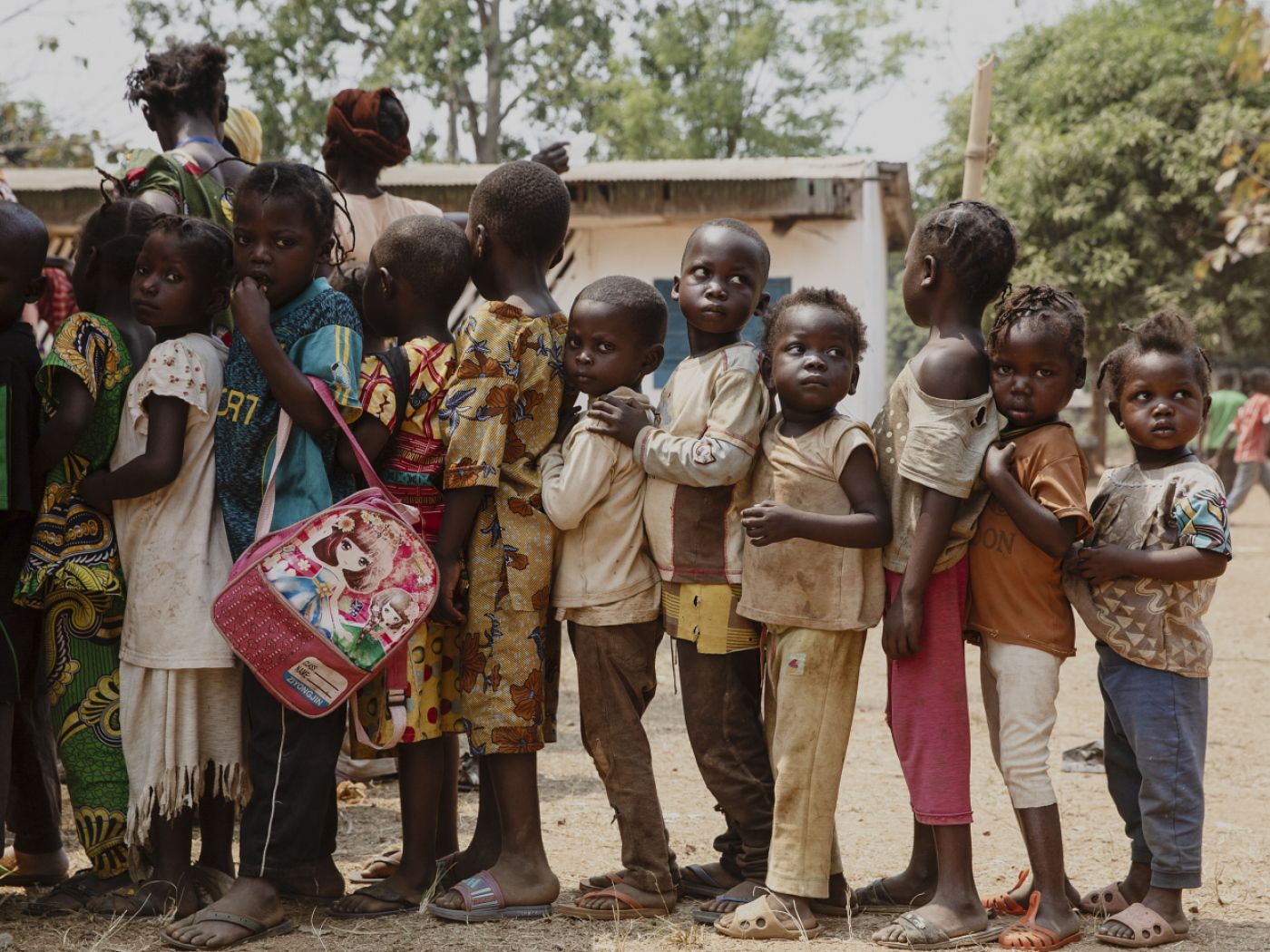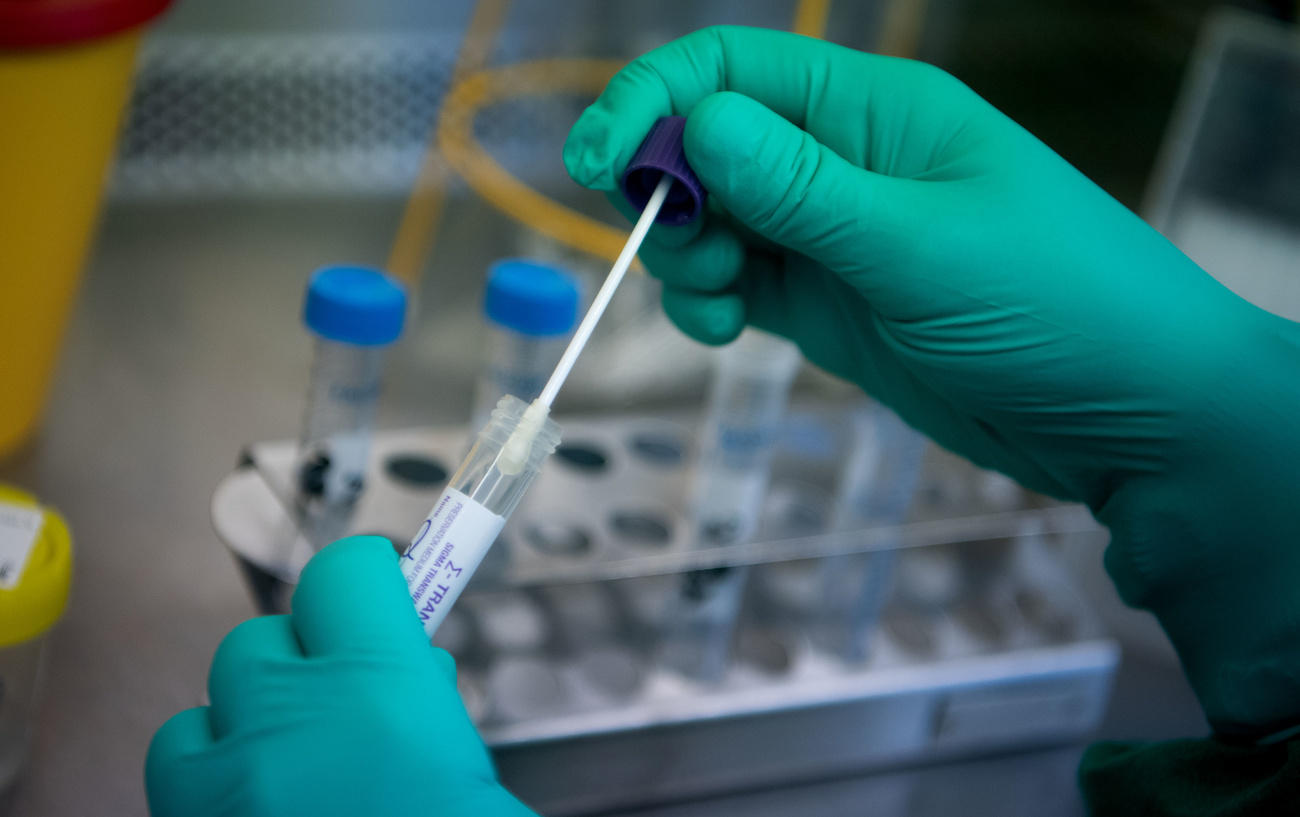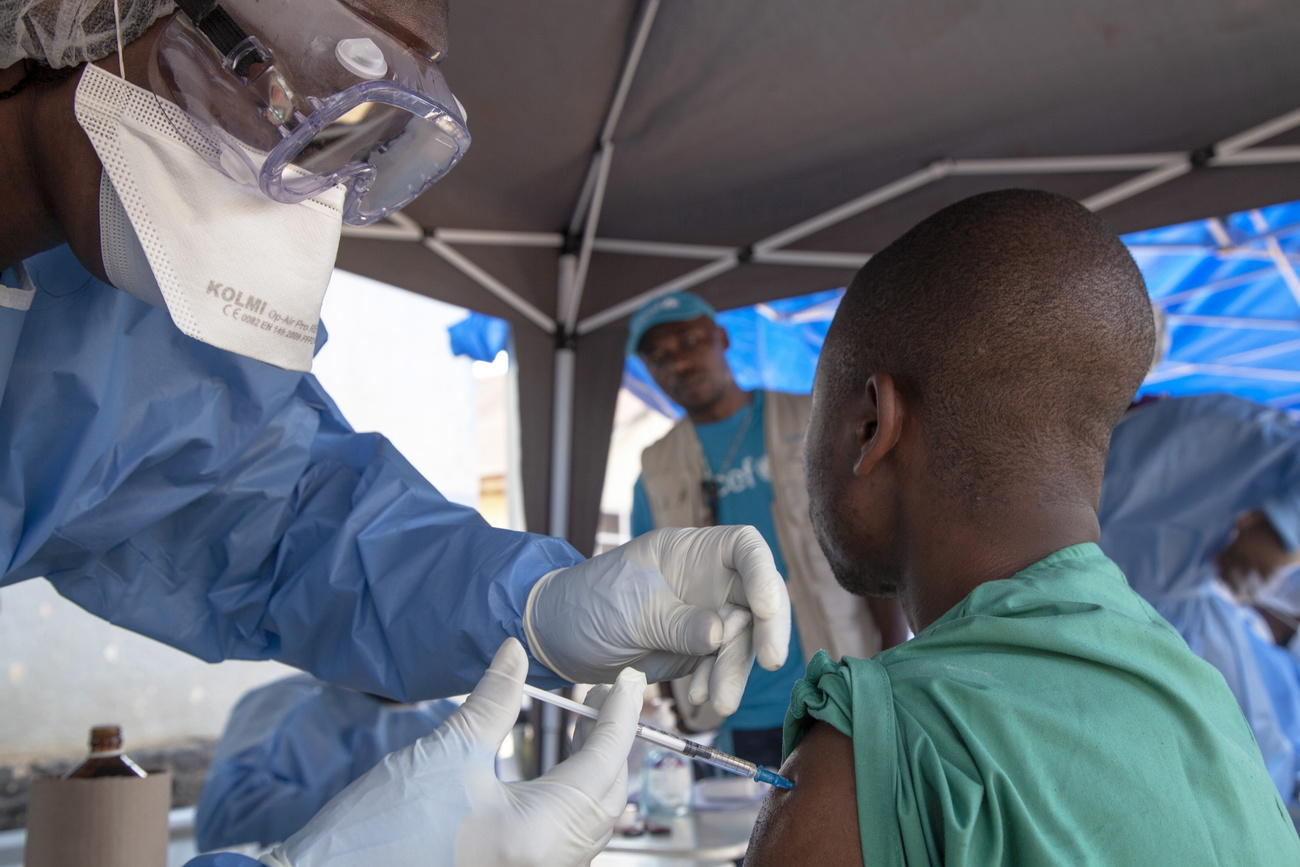WHO and Roche launch trials of potential coronavirus treatments

Roche is launching a clinical trial of a potential new Covid-19 drug, adding to rapidly growing investments in combating coronavirus after the World Health Organization (WHO) unveiled plans for its own trial to study potential treatments.
The Swiss drugmaker said on Thursday it was working with the US Food and Drug Administration (FDA) and the US government to initiate a phase 3 trial to evaluate the safety of Actemra, a drug used to treat cytokine release syndrome and rheumatoid arthritis, two inflammatory diseases. The drug is known as RoActemra outside the US.
Some preliminary reports suggest that patients with severe Covid-19 disease develop cytokine release syndrome, also known as a “cytokine storm,” an overshooting of the immune system, doctors have said.
The study will enrol about 330 patients globally starting next month, including in the US. Actemra, which works by inhibiting the body’s immune response, is not currently approved for Covid-19 by the FDA.
“Solidarity”
The announcement came the day after the WHO launched its own trial — named SolidarityExternal link — saying it will be simple enough to permit the participation of hospitals struggling to cope with the burden of extra patients.
The WHO warned that the trickle of results from smaller studies may not be robust enough to make the right medical decisions.
So far, 10 countries have signed up, including Argentina, Canada, France, Iran and Switzerland, but not including Italy or China. Tedros Adhanom Ghebreyesus, the WHO’s director-general, said he hoped more would join.
“I continue to be inspired by the many demonstrations of solidarity from all over the world,” he added.

More
Roche CEO explains new Covid-19 test
Drugmakers, governments and universities have been conducting trials on potential treatments for Covid-19 across the world, but especially in China where the outbreak began.
Mr Tedros warned that might not be enough: “Multiple small trials with different methodologies may not give us the clear, strong evidence we need about which treatments help to save lives,” he said at a WHO press conference.
There are three main categories of treatments: antivirals, used for diseases such as HIV or Ebola, which would work by stopping the virus from replicating; antibodies, developed from those made by patients with the disease and given to boost the immune system; and anti-inflammatories, usually used for conditions like arthritis, if the disease kicks the immune system into overdrive, hampering breathing.
The WHO will test four different drugs or combinations against the standard of care in the country where the trial is conducted. The trial will include Gilead’s antiviral drug remdesivir, which many analysts believe is the best prospect for treating coronavirus. It will also test a combination of HIV drugs from AbbVie — lopinavir and ritonavir. It will also test these two drugs alongside an anti-inflammatory previously used to treat multiple sclerosis. The fourth strand will look at the performance of the antimalarial drug chloroquine, which is a generic medicine out of patent.
The launch came as early results from trials in China showed that anti-flu drug Avigan was working against coronavirus. But it has serious side-effects for pregnant women.
There was disappointing news from another study, a controlled clinical trial with 200 patients in Wuhan, China, and published in the New England Journal of Medicine. It found that the lopinavir-ritonavir combination had no effect on patients’ disease. But the authors suggest that the HIV drugs might work better if other antiviral agents are added to the mixture.

More
Coronavirus: the situation in Switzerland

In compliance with the JTI standards
More: SWI swissinfo.ch certified by the Journalism Trust Initiative





















You can find an overview of ongoing debates with our journalists here . Please join us!
If you want to start a conversation about a topic raised in this article or want to report factual errors, email us at english@swissinfo.ch.